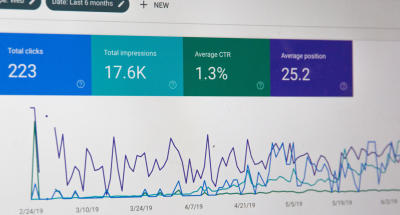
How To Do SEO For Your Podcast And Rank In Google
Podcasts are the new way to publish content with over 700,000 podcasts currently online, users are seeing podcasts as the new way to consume content and information. Because of this, if a podcast is successful it means big money for its author, with examples like Joe Rogan making millions each year off this medium. But outside of posting on your own social media channels, how do you get people to your podcast and listening to it? The cheapest and easiest way is to get it ranking in Google for key topics. And to do this you need to have a separate SEO strategy for podcasts.
Some background information
For Google to rank anything in the search result it needs to know what the content is and why it’s useful for the user. It learns this by reading the text on a page and showing it for searches that it deems relevant. The more relevant and informative text, the higher Google will rank the page in search. Google needs a textual element on a page, otherwise it will struggle to find out how it’s relevant for users and therefore won’t show it. The problem with podcasts is they are traditionally audio files and therefore have no textual element making it impossible for Google to find out what they are about and how relevant they are.
You MUST have text on the page
To help Google figure out what the podcast is about, you have to have text on the page, and the more of it the better. Structure the text in two key paragraphs.
In the first paragraph, describe what the content is about and what is featured in the upcoming audio file. Secondly and more importantly describe how the podcast is helpful and relevant to the potential listener. Writing intros in considerable length like this will give you the best chance to get your podcast continuously ranking in Google Search for key topics.
Transcribe the content
Google loves long form written content. Because of this an easy way of increasing quality written text on your page is to transcribe your audio files and put it below your hero content on the page. Google will crawl this, deem it as on topic and rich and therefore increase your likelihood of ranking for that particular topic. Putting it below the hero content won’t harm the user experience and will hugely help in SEO.
Structured data for podcasts
If you want to get really technical, you can also add podcast structured data to your site to let Google know that this is a podcast on a particular topic and not just a generic audio file. The most common schema markup can be found on schema.org and will give you instructions on how to implement via Google Tag Manager.


